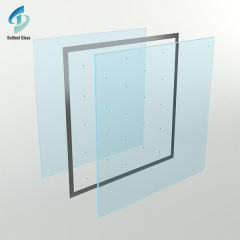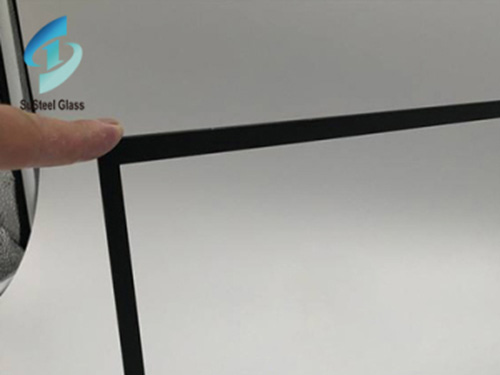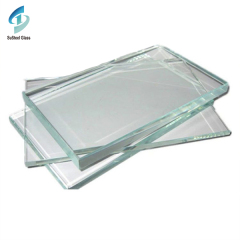
Heat-resistant glass refers to the glass containing boric acid and silicic acid components with strong heat resistance, which can withstand sharp temperature changes. Heat-resistant glass refers to the special glass that can withstand the change of temperature difference between cold and hot fusion. It has a series of excellent properties, such as low expansion, thermal shock resistance, high temperature resistance, corrosion resistance and high strength. It is mostly used in utensils, industrial boilers, window glass of mechanical equipment and so on.
Toughened glass is used in construction, building template, decoration industry, furniture manufacturing industry, home appliance manufacturing industry, electronics, instrumentation industry, automobile manufacturing industry, daily products industry, special industries. Heat-resistant glass is used in the commodity industry, industrial boiler mirror, mechanical equipment window glass.
Heat-resistant glass refers to the glass containing boric acid and silicic acid with strong heat resistance, which can withstand the sharp temperature difference change. It refers to the special glass that can withstand the temperature difference change of cold and hot fusion. It has a series of excellent properties, such as low expansion, thermal shock resistance, high temperature resistance, corrosion resistance and high strength. So in the oven and microwave oven use safety, toughened glass in the microwave oven after a sudden temperature change may produce burst phenomenon. In the process of making toughened glass, it contains "nickel sulfide", which expands with the change of time and temperature, and is likely to explode itself. You can't use it in the oven at all.
Heat resistance when broken will not be broken is the crack, will not fly, heat-resistant glass is not because of the risk of nickel sulfide self-explosion, heat-resistant glass is slowly cooling, there is no condensation of energy inside the glass, so will not fly when broken. Toughened glass will burst, flying, toughened glass in the process of toughening, glass internal formation of prestress and condensation energy, so in the damage or self-explosion, the condensation energy will be released, forming debris flying, and produce explosive sound.
 The Beauty and Utility of Thin Glass Sheets: Applications and Advantages
The Beauty and Utility of Thin Glass Sheets: Applications and Advantages
 The Strength and Versatility of Thick Glass Sheets
The Strength and Versatility of Thick Glass Sheets
 Breaking Boundaries: The Evolution and Applications of Ultra Thin Glass
Breaking Boundaries: The Evolution and Applications of Ultra Thin Glass

